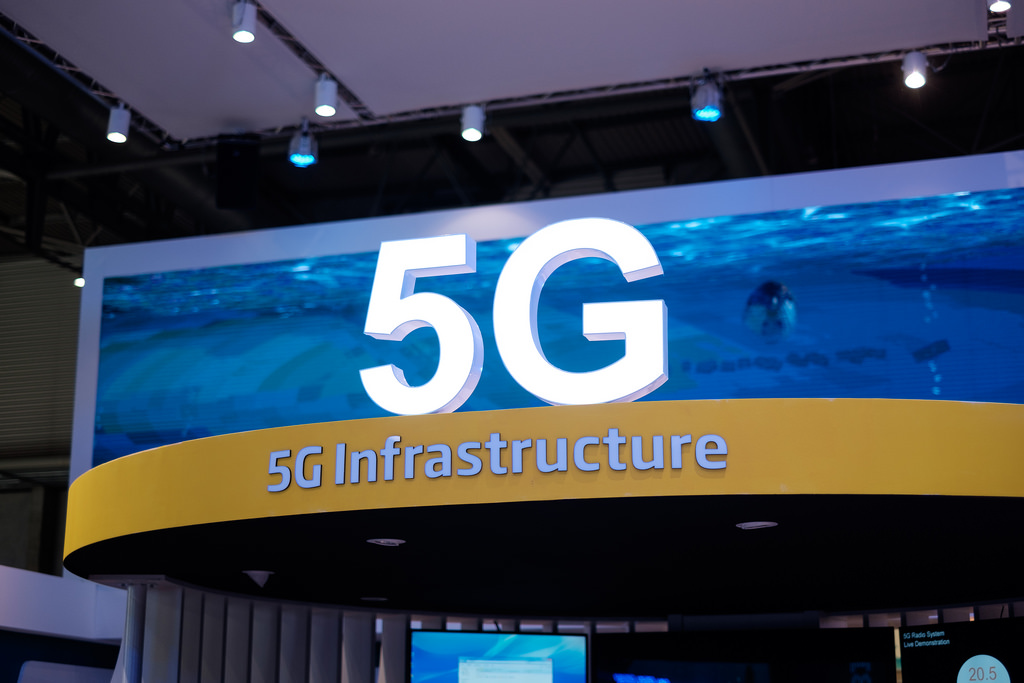In the US, residents of certain areas of Minneapolis and Chicago will be able to connect to the 5G network through a Moto Z3 smartphone with an additional Moto Mod 5G back panel. This is the first step of Verizon’s announced plans to launch 5G Ultra Wideband services in more than 30 US cities in February.
Subscribers will need to pay $ 10 on a monthly basis over the usual unlimited plan for 5G. The cheapest fare - Go Unlimited with speed limits - will cost $ 85/month, the most expensive - Above Unlimited (75 GB of traffic in the LTE network before restrictions are entered, 720p video playback) - $ 105/month. Customers will receive a download speed of 450 Mbps with peak up to 1 Gbps and delays of less than 30 ms. Despite its high speed, Verizon promises to improve overall performance and latency this year through network upgrades and regular software updates for client devices.
Access to the 5G network in South Korea is provided by local operator SK Telecom. However, it is now available from only one device, Samsung Galaxy S10 with 5G-module, writes VentureBeat.
According to representatives of the telecommunications company, the day before, the 5G-connection service was activated by six clients: two participants of a Korean pop group, an Olympic medalist, a cyber athlete, a para swimmer and the oldest subscriber. Sales of the 5G version of the Galaxy S10 "to regular customers" will start on April 5.
According to the government’s plans, 5G networks will be initially available in Seoul and other metropolitan areas, and by the end of the year, the coverage area will be about 85% of all densely populated areas. 5G networks will allow exchanging information in real time at speeds above 10 Gbit per second, which is 30 times faster than in 4G networks. 5G technologies also provide minimal response time when downloading data and a large network capacity.
source: venturebeat.com
Subscribers will need to pay $ 10 on a monthly basis over the usual unlimited plan for 5G. The cheapest fare - Go Unlimited with speed limits - will cost $ 85/month, the most expensive - Above Unlimited (75 GB of traffic in the LTE network before restrictions are entered, 720p video playback) - $ 105/month. Customers will receive a download speed of 450 Mbps with peak up to 1 Gbps and delays of less than 30 ms. Despite its high speed, Verizon promises to improve overall performance and latency this year through network upgrades and regular software updates for client devices.
Access to the 5G network in South Korea is provided by local operator SK Telecom. However, it is now available from only one device, Samsung Galaxy S10 with 5G-module, writes VentureBeat.
According to representatives of the telecommunications company, the day before, the 5G-connection service was activated by six clients: two participants of a Korean pop group, an Olympic medalist, a cyber athlete, a para swimmer and the oldest subscriber. Sales of the 5G version of the Galaxy S10 "to regular customers" will start on April 5.
According to the government’s plans, 5G networks will be initially available in Seoul and other metropolitan areas, and by the end of the year, the coverage area will be about 85% of all densely populated areas. 5G networks will allow exchanging information in real time at speeds above 10 Gbit per second, which is 30 times faster than in 4G networks. 5G technologies also provide minimal response time when downloading data and a large network capacity.
source: venturebeat.com





